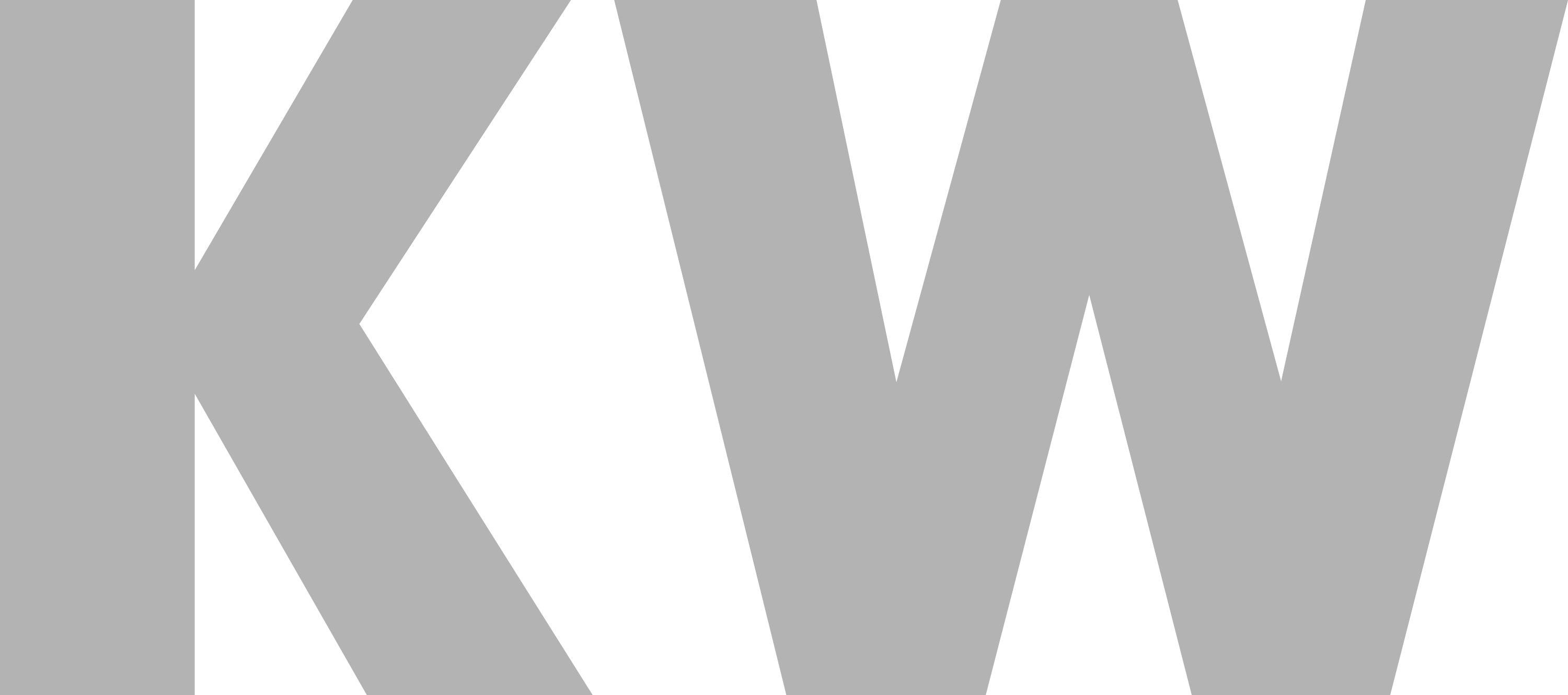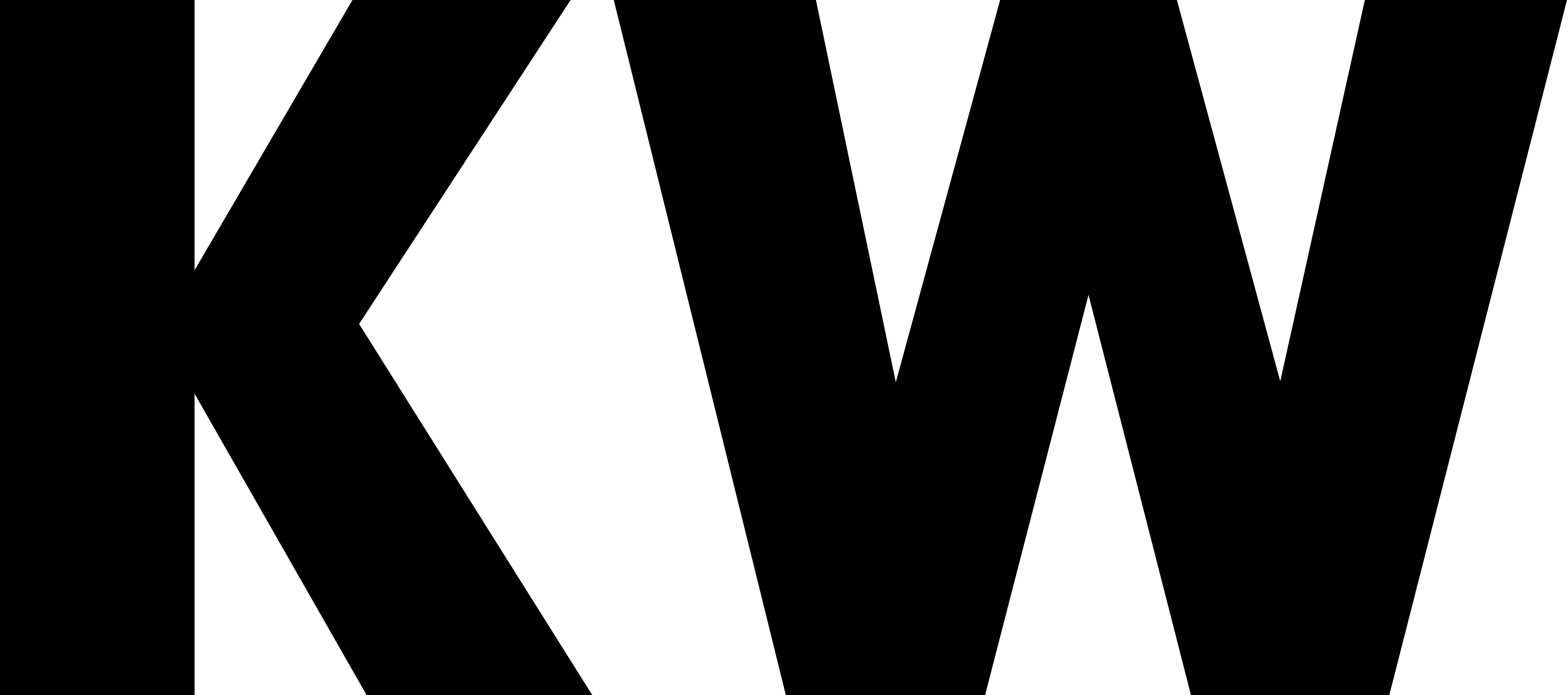Kiosk for useful knowledge - A life in four hours: American stories. Arkansas. New York. Geneva. Cuernavaca. Brussels. Marseille. Berlin.
9 pm – 1 am
Kiosk for useful knowledge - A life in four hours: American stories. Arkansas. New York. Geneva. Cuernavaca. Brussels. Marseille. Berlin.
Jimmie Durham tells. Diana McCarty is listening.
Jimmie Durham was born in 1940 as Cherokee in the USA. Already known as an artist and author in the 1960s, Durham completed the École des Beaux-Arts in Geneva in 1972, devoting himself exclusively to political work in the American Indian Movement. He was co-founder and chairman of the International Indian Treaty Committee at the United Nations, where his work led among others to establish the International Declaration of the Rights of Indigenous Peoples. In the 1980s, Durham again devoted himself to art and writing. In 1998, Jimmie Durham came to Berlin with a scholarship from the DAAD, where he still lives today while his work is exhibited internationally. Recently, Durham curated the exhibition The American West at Compton Verney, Warwickshire, UK.
Diana McCarty was born in New Mexico and has lived for 12 years as a media activist in Europe. She is co-founder of the bootlab as well as the open-source radioproject reboot.fm in Berlin. In the 1990s, she initiated the nettime mailing list with others and worked as part of the Media Research Foundation as a co-organizer of the Metaforum conferences in Budapest.
Tulip House (Hannah Hurtzig, Anselm Franke) is concerned with the construction of public spaces, in which narrative formats of the knowledge transfer are tested and presented. The KIOSK is a growing archive of dialogues, interviews and autobiographies on the topic "Stories of Places, Cities and Territories".
A life in four hours is an urban trial arrangement. Contemporaries tell their life story along geographic stations to a listener of his/her choice: an autobiographical novel is created in a four-hour format. Speakers and listeners sit in a separate film studio, the audience follows the conversation live via headphones and video projection. The KIOSK archive is also stationed permanently in KW since December 2005 and can be viewed there.
Organizer: KIOSK, a project by Tulip House for ErsatzStadt, Initiative project of the Federal Cultural Foundation in cooperation with the KW Institute of Contemporary Art

